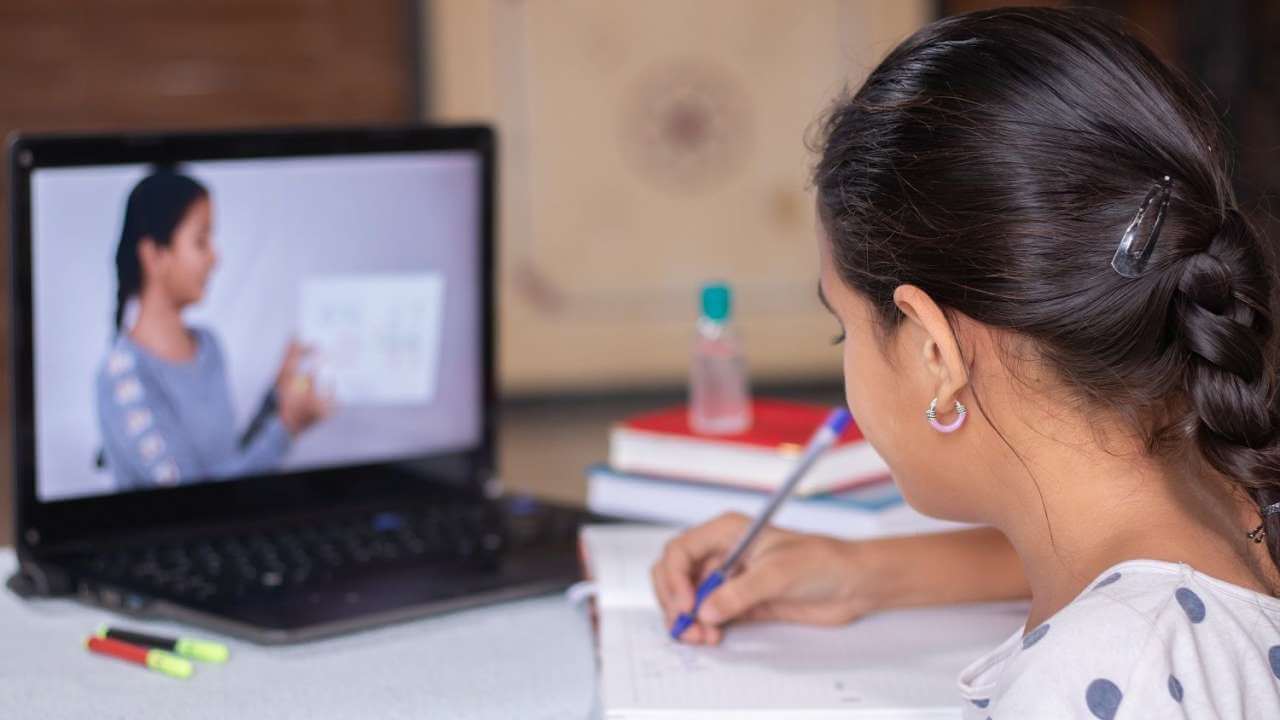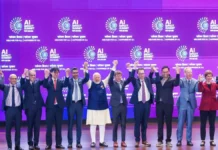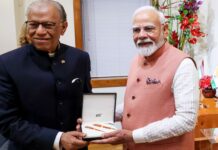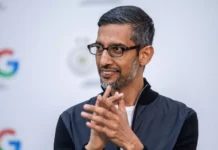A recent survey conducted in five states by Oxfam India, a non-profit organization, found that more than 80 per cent of the students in government schools in rural India did not get quality education during the COVID19-induced preventive lockdown.
India’s urban-rural divide in terms of access to education is not new. While metropolitan cities enjoyed the patronage of high-speed internet, student in the rural parts of the country are deprived of basic amenities such as textbooks.
However, the need for remote learning post the COVID19 outbreak has catapulted the focus of governments and private sector players towards digital education. It has not just ensured continuity of academic curriculums despite the restrictions enforced by the pandemic but also demonstrated its potential to bridge gaps in access to education for all. The states of Jharkhand and Odisha have seen a remarkable surge in such initiatives.
Recently, 50 state-of-the-art Anganwadicentres of Vedanta Group’s ESL Steel Plant named NandGhar were inaugurated by HemantSoren, Chief Minister of Jharkhand. NandGhars offer smart TVs for e-learning, 24×7 power backup, earthquake-resistant structures, toilets, water purifiers, solar panels and kitchen gardens.
Additionally, leveraging technology for providing quality education, the Adani Godda, Jharkhand launched a project named Gyanodaya for educating the children of rural India. Covering around 600 schools across 200 villages of the Godda district and benefitting over 65,000 students, this initiative was undertaken by Adani Foundation, the CSR arm of Adani Group.
Bridging the digital divide, it equips the students with the necessary infrastructure for education. The learning model includes daily assessments and audio-visual classrooms with animated and contextualized lectures.
The program also enhances the digital skills, decision-making capabilities of the student and raises cultural awareness among the underprivileged sections in Godda. In addition, Gyanodaya classes were aired on Doordarshan Jharkhand during the lockdown. With the telecast on DD Jharkhand, more than 50 lakh students of classes 6th to 12th across the state were able to continue their education amidst the COVID-19 pandemic.
The results of Adani Group’s digital learning initiative are reflected in the improved academic performance in Godda. According to the data from the state’s education department, the Godda district jumped from 21st position in 2018 to 14th in 2019 and 11th in the subsequent year. The passing percentage during the same period also rose from 50.7% to 66.7% and 75.1%, respectively.
Great world leaders have often said that the biggest of opportunities come from the gravest of crises. The recent surge in digital learning initiatives in Jharkhand is a great example of community empowerment and defining transformations.







